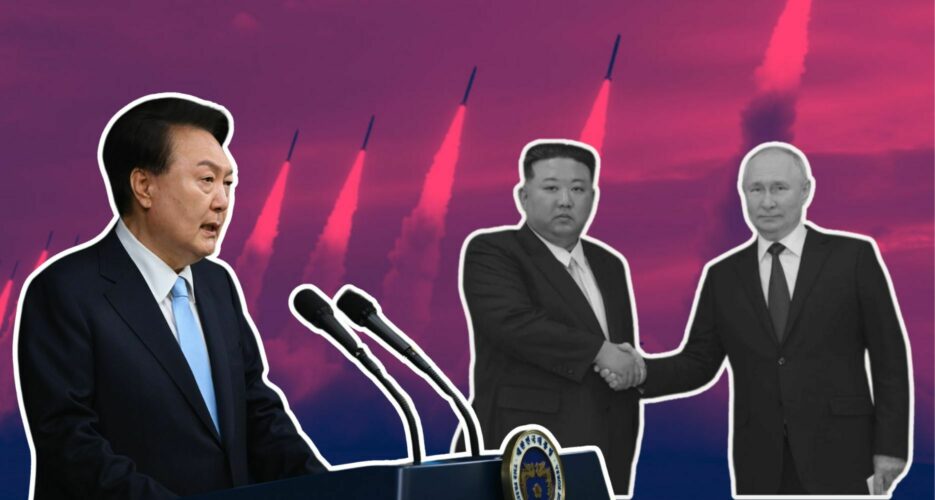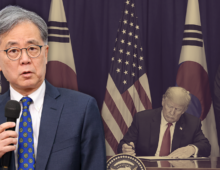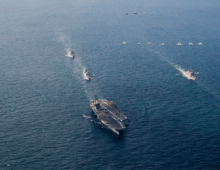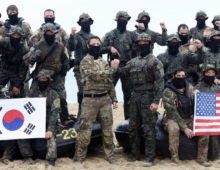Russia and North Korea could bolster military ties at summit, but South Korea has ways to counter such cooperation
A collage of North Korean missile salvo launches, South Korean President Yoon Suk-yeol, Russian leader Vladimir Putin and North Korean leader Kim Jong Un | Images: ROK Presidential Office, Rodong Sinmun, edited by Korea Pro
Russian leader Vladimir Putin will make his first visit to North Korea in 24 years on Tuesday, a visit that will likely look to further develop their increasing military cooperation since the start of the war in Ukraine.
While the potential for enhanced collaboration between the two nations poses risks to South Korea’s national security, it also presents opportunities for Seoul to respond strategically and adapt its approach to the changing geopolitical dynamics in the region.
Russian leader Vladimir Putin will make his first visit to North Korea in 24 years on Tuesday, a visit that will likely look to further develop their increasing military cooperation since the start of the war in Ukraine.
While the potential for enhanced collaboration between the two nations poses risks to South Korea’s national security, it also presents opportunities for Seoul to respond strategically and adapt its approach to the changing geopolitical dynamics in the region.
Get your
KoreaPro
subscription today!
Unlock article access by becoming a KOREA PRO member today!
Unlock your access
to all our features.
Standard Annual plan includes:
-
Receive full archive access, full suite of newsletter products
-
Month in Review via email and the KOREA PRO website
-
Exclusive invites and priority access to member events
-
One year of access to NK News and NK News podcast
There are three plans available:
Lite, Standard and
Premium.
Explore which would be
the best one for you.
Explore membership options
© Korea Risk Group. All rights reserved.
No part of this content may be reproduced, distributed, or used for
commercial purposes without prior written permission from Korea Risk
Group.












